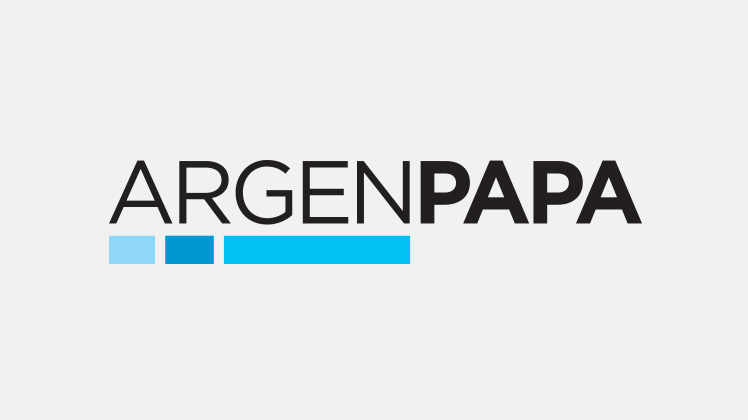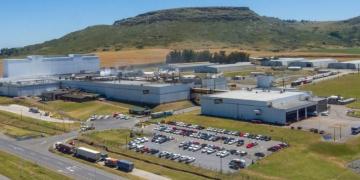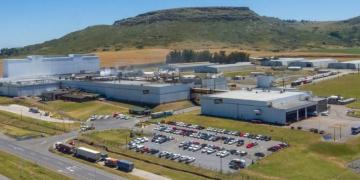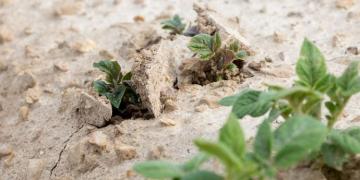Spain: Potatoes in the fields are priced at 15 cents/kilo, and in supermarkets they reach 2 euros.
This week, ASAJA Salamanca held its Provincial Potato Sectoral Meeting, where producers from across the province and leaders of the organization analyzed the critical situation of the crop in this 2025 campaign.

The results are clear: farmgate prices have plummeted, costs remain sky-high, and the sector is facing a structural crisis that threatens the survival of many farmers.
And they warn that while in the fields they are being fertilized at less than 15 cents/kilo, on supermarket shelves potatoes are selling for 1 euro and even as much as 2 euros.
During the meeting, it was noted that farmers are often selling potatoes for less than 15 cents per kilo, and have even been paid for less than 10 cents, while production costs exceed 8,000 to 10,000 euros per hectare. Even industrial contracts—at around 25 cents—are unable to cover costs, as discounts of 15 to 20% are applied, the agricultural organization laments.
"Potato producers are working at a loss. If this situation continues, many irrigated farms could disappear," warned Juan Luis Delgado, provincial president of ASAJA Salamanca.
Another concern expressed by producers is the enormous gap between what the farmer is paid and what the final consumer pays.
ASAJA believes this gap discourages both production and consumption and demonstrates the poor functioning of the food chain, where the producer assumes the risk and the consumer overpays, while intermediate margins remain the same or even increase disproportionately. Everything indicates that sales are being made below production costs, thus violating the provisions of the Food Chain Law.
Package of urgent measures
In light of this situation, ASAJA Salamanca is proposing a package of urgent measures:
- Meeting with the Castile and León Regional Government to discuss the potato cultivation situation.
- Effective controls for compliance with the Food Chain Act.
- Review of standard contracts, linking them to actual production costs.
- Effective controls on imports from countries outside the European Union, which do not produce under the same conditions.
- Implementation of double labeling (price at origin and price at point of sale) to make margins visible.
- Public aid for storage and processing infrastructure at source.
- Campaigns to promote potato consumption in Castilla y León.
Fuente: Traducido por Argenpapa de : agroclm.com




